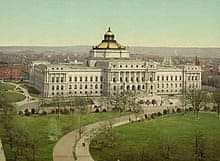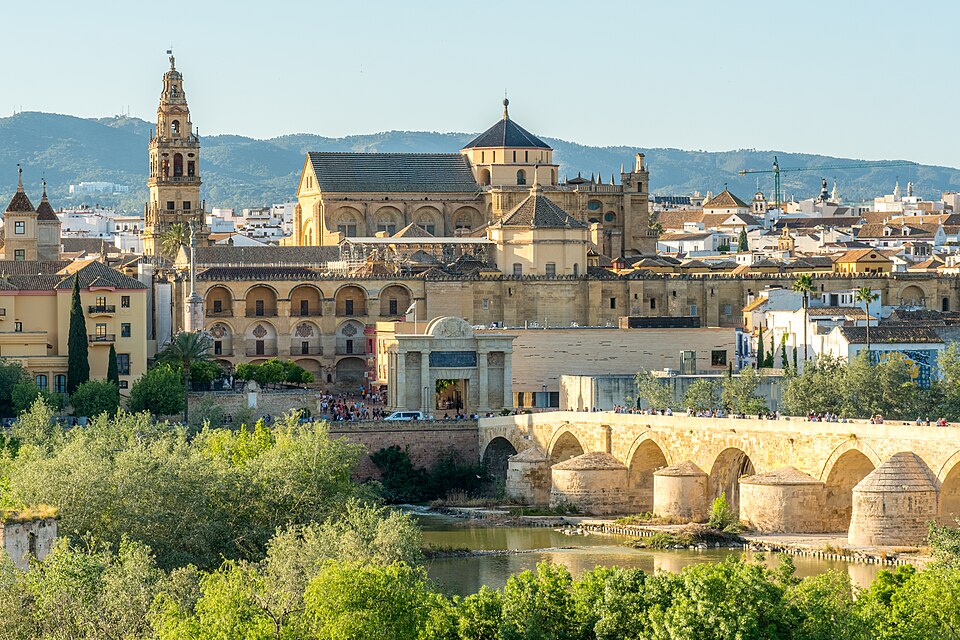THE LIBRARY OF CONGRESS: One of the World's Largest Libraries

Did you know that the Library of Congress holds 164 million items and 1,350 kilometers of bookshelves that include research materials from all parts of the world and in more than 470 languages?
The Library of Congress (LOC) is the research library that officially serves the United States Congress and is the de facto national library of the United States. It is the oldest federal cultural institution in the country housed in three buildings on Capitol Hill in Washington, D.C.; it also maintains a conservation center in Culpeper, Virginia. The library's functions are overseen by the Librarian of Congress, and its buildings are maintained by the Architect of the Capitol.
The Library of Congress is one of the largest libraries in the world. Its “collections are universal, not limited by subject, format, or national boundary, and include research materials from all parts of the world and in more than 470 languages.”
Congress moved to Washington, D.C., in 1800 after holding sessions for eleven years in the temporary national capitals in New York City and Philadelphia. In both cities, members of the U.S. Congress had access to the sizable collections of the New York Society Library and the Library Company of Philadelphia. The small Congressional Library was housed in the United States Capitol for most of the 19th century until the early 1890s.
Most of the original collection was burnt by the British during the War of 1812, with the library beginning efforts to restore its collection in 1815. The library purchased Thomas Jefferson's entire personal collection of 6,487 books, and its collection slowly expanded in the following years, although it suffered another fire in its Capitol chambers in 1851. This destroyed a large amount of the collection, including many of Jefferson's books.
After the American Civil War, the importance of the Library of Congress increased with its growth, and there was a campaign to purchase replacement copies for volumes that had been burned. The library received the right of transference of all copyrighted works to deposit two copies of books, maps, illustrations, and diagrams printed in the United States. It also began to build its collections.
Its development culminated between 1888 and 1894 with the construction of its own separate, large library, now known as the Thomas Jefferson Building, across the street from the Capitol. Two more adjacent library buildings, the John Adams Building, built in the 1930s, and the James Madison Memorial Building, built in the 1970s, hold expanded parts of the collection and provide space for additional library services.
The library's primary mission is to research inquiries made by members of Congress, which is carried out through the Congressional Research Service. It also houses and oversees the United States Copyright Office. The library is open to the public for research and for academic research to anyone with a Reader Identification Card, although only high-ranking government officials and library employees may check out (i.e., remove from the premises) books and materials.
Most of the library's general collection of books and journals are in the closed stacks of the Jefferson and Adams Buildings; specialized collections of books and other materials are in closed stacks in all three main library buildings, or are stored off-site. Access to the closed stacks is not permitted under any circumstances, except to authorized library staff, and occasionally, to dignitaries. Only the reading room reference collections are on open shelves.
Since 1902, American libraries have been able to request books and other items through interlibrary loan from the Library of Congress if these items are not readily available elsewhere. Through this system, the Library of Congress has served as a "library of last resort", according to former Librarian of Congress Herbert Putnam. The Library of Congress lends books to other libraries with the stipulation that they be used only inside the borrowing library.
Sources: Wikipedia
#penglobalfactfile


_1755775186.jpg)
